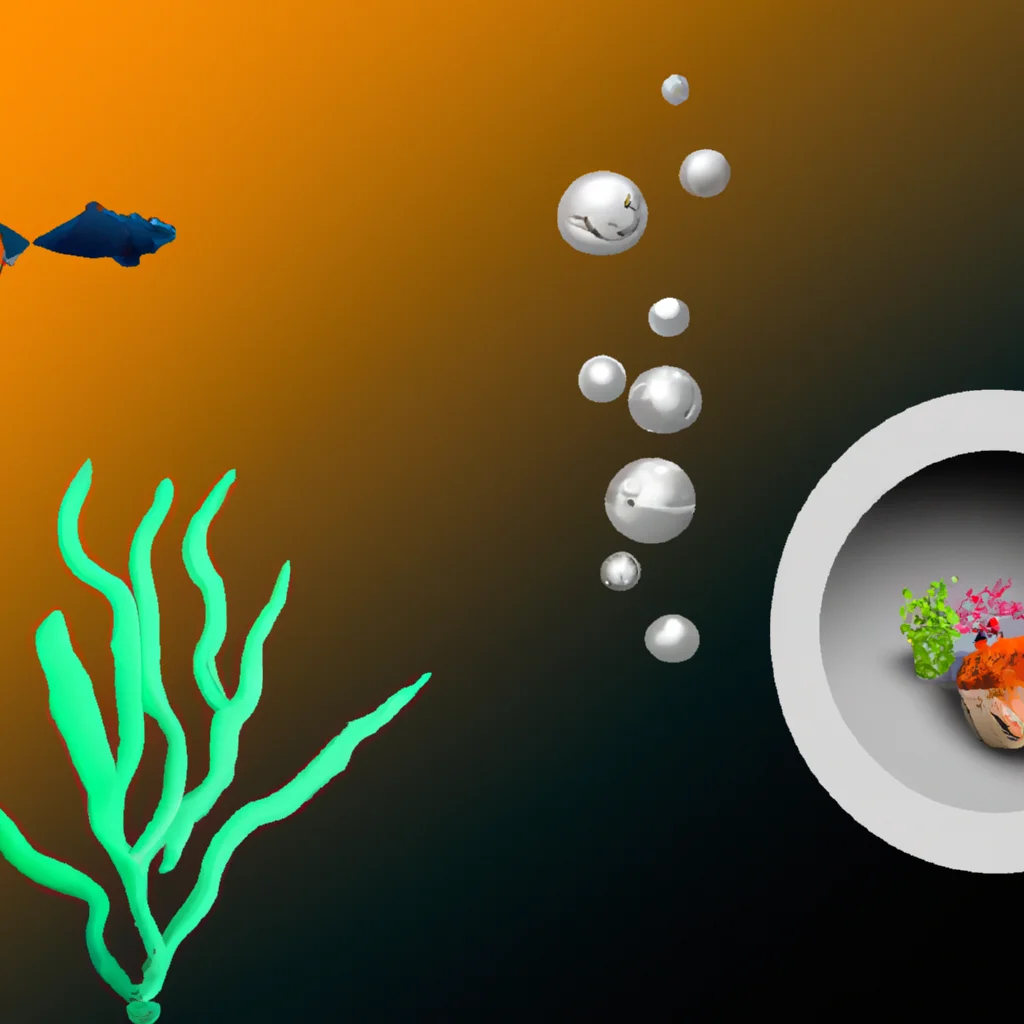What is the impact of overfishing on marine ecosystems?


What is the impact of overfishing on marine ecosystems?
Overfishing is defined as catching too many fish from a particular species beyond their reproductive capacity, resulting in a decline in population. Overfishing has been identified as one of the major threats to the sustainability of marine ecosystems, leading to environmental degradation and loss of biodiversity. This article will explore the impact of overfishing on marine ecosystems, its effect on fish populations, ocean conservation, and the fishing industry.
Impact of Overfishing on Marine Ecosystems
Overfishing has a significant impact on marine ecosystems, causing a decline in fish populations, alteration of food webs, and changes in the structure and function of marine ecosystems. The loss of top predators, such as sharks and tuna, can cause a cascade of effects, leading to an increase in the abundance of their prey, such as jellyfish, and a decline in the abundance of other species in the ecosystem.
Overfishing can also lead to the depletion of important commercial and recreational fish species, such as cod, salmon, and tuna. The removal of these species from the ecosystem can have severe economic impacts on fishing communities, which rely on these species for their livelihoods.
In addition to economic impacts, overfishing can also have ecological impacts on marine ecosystems. Overfishing can lead to the expansion of invasive species, such as lionfish, which can outcompete native species for resources and disrupt the balance of the ecosystem. Overfishing can also lead to the destruction of habitats, such as coral reefs, which are critical for the survival of many marine species.
Effect on Fish Populations
Overfishing can have a significant impact on fish populations, leading to a decline in the abundance of certain species and even extinction. When fish populations decline, the reproductive capacity of the remaining fish is also reduced, making it more difficult for the population to recover.
Overfishing can also lead to changes in the genetic makeup of fish populations, as smaller fish are more likely to survive and reproduce than larger fish. This can lead to a decline in the size of fish populations, which can have negative consequences for the ecosystem.
Ocean Conservation
Overfishing is a major threat to ocean conservation, as it can lead to the depletion of important fish species and the destruction of marine habitats. Ocean conservation efforts aim to protect marine ecosystems and biodiversity, while promoting sustainable fishing practices.
Sustainable fishing practices involve fishing at a level that allows fish populations to replenish themselves, while minimizing the impact on the ecosystem. This can be achieved through measures such as setting catch limits, using gear that reduces bycatch, and promoting the use of sustainable fishing methods.
Fishing Industry
The fishing industry is heavily impacted by overfishing, as it can lead to a decline in fish populations and the loss of important commercial and recreational fish species. Overfishing can also have economic impacts on fishing communities, which rely on these species for their livelihoods.
To promote sustainable fishing practices, the fishing industry can adopt measures such as implementing catch limits, using gear that reduces bycatch, and promoting the use of sustainable fishing methods. These measures can help to ensure the long-term sustainability of fish populations and the fishing industry.
Conclusion
Overfishing is a major threat to the sustainability of marine ecosystems, leading to environmental degradation and loss of biodiversity. The impact of overfishing on fish populations, ocean conservation, and the fishing industry highlights the importance of promoting sustainable fishing practices. By adopting measures to reduce overfishing, we can ensure the long-term sustainability of fish populations and the fishing industry, while protecting marine ecosystems and biodiversity.
Recent Posts
How do I create an engaging and informative online quiz or assessment?
Creating an engaging and informative online quiz or assessment can be a powerful tool for… Read More
What are the most effective methods for managing and reducing work-related stress in the hospitality industry?
Work-related stress is a common issue in the hospitality industry, where employees often face long… Read More
How can I improve my assertiveness and communication skills in a leadership position?
In a leadership position, assertiveness and effective communication skills are crucial for success. Being able… Read More
What are the key elements of a successful employee recognition and rewards program?
Employee recognition and rewards programs play a crucial role in motivating and engaging employees, as… Read More
How do I effectively manage and respond to customer feedback and reviews?
Customer feedback and online reviews play a crucial role in shaping a company's reputation and… Read More
What are the best strategies for effective time management as a stay-at-home parent?
Effective time management is crucial for stay-at-home parents who juggle multiple responsibilities on a daily… Read More